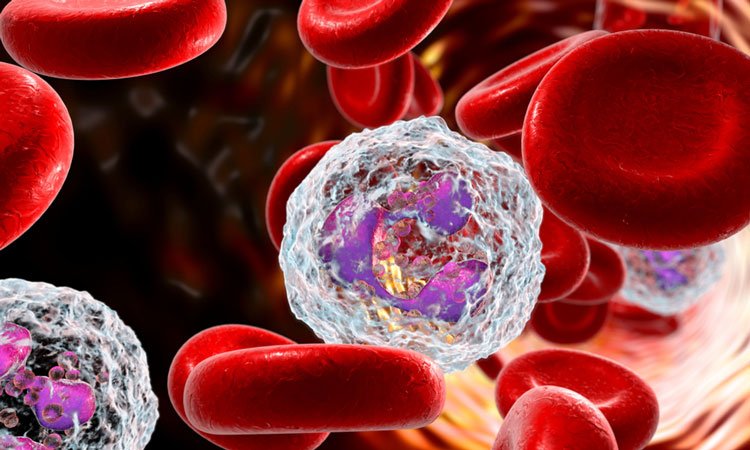Inhibiting inflammation by blocking release of TNF alpha
Posted: 16 November 2018 | Drug Target Review | No comments yet
Researchers at Karolinska Institutet collaborated with other researchers to develop a compound that prevents inflammation by blocking release of TNF alpha…


A multidisciplinary team of researchers led from Karolinska Institutet in Sweden have developed an anti-inflammatory drug molecule with a new mechanism of action. By inhibiting a certain protein, the researchers were able to reduce the signals that trigger an inflammation. The study was conducted in collaboration with the University of Texas Medical Branch, Uppsala University and Stockholm University.
“We’ve developed a new drug molecule that inhibits inflammation,” says Professor Thomas Helleday, at the Department of Oncology-Pathology, Karolinska Institutet, Sweden, who co-led the study with Dr Torkild Visnes and Dr Armando Cázares-Körner. “It acts on a protein that we believe is a general mechanism for how inflammation arises in cells.”
The discovery is the result of many years of research by Prof Helleday’s group on how DNA is repaired by the body. One of the objectives has been to fight cancer by targeting damage to the tumour cells’ DNA. Several breakthroughs have already been reported, which have led, amongst other things, to a new treatment for congenital breast and ovarian cancer using so-called PARP inhibitors, which has been available for some years.
It was when developing a new molecule for inhibiting the enzyme that repairs oxygen damage to DNA that the researchers found, to their surprise, that it also dampened inflammation. It turned out that the enzyme OGG1, apart from repairing DNA, also triggers inflammation.
The inhibitor blocks the release of inflammatory proteins, such as TNF alpha. In trials on mice with acute pulmonary disease, the researchers succeeded in dampening the inflammation.
“This discovery could give rise to a new treatment for a very serious condition,” said Prof Helleday. “We’ll now be developing our OGG1 inhibitor and examining whether it can lead to new treatments for inflammatory diseases in order to cure or relieve diseases such as sepsis, COPD and severe asthma.”
The study was published in the journal Science.
Related topics
Disease research, Drug Discovery, Research & Development, Therapeutics
Related conditions
inflammation
Related organisations
Karolinska Institutet, Stockholm University., University of Texas Medical Branch, Uppsala University
Related people
Dr Armando Cázares-Körner, Dr Torkild Visnes, Professor Thomas Helleday


